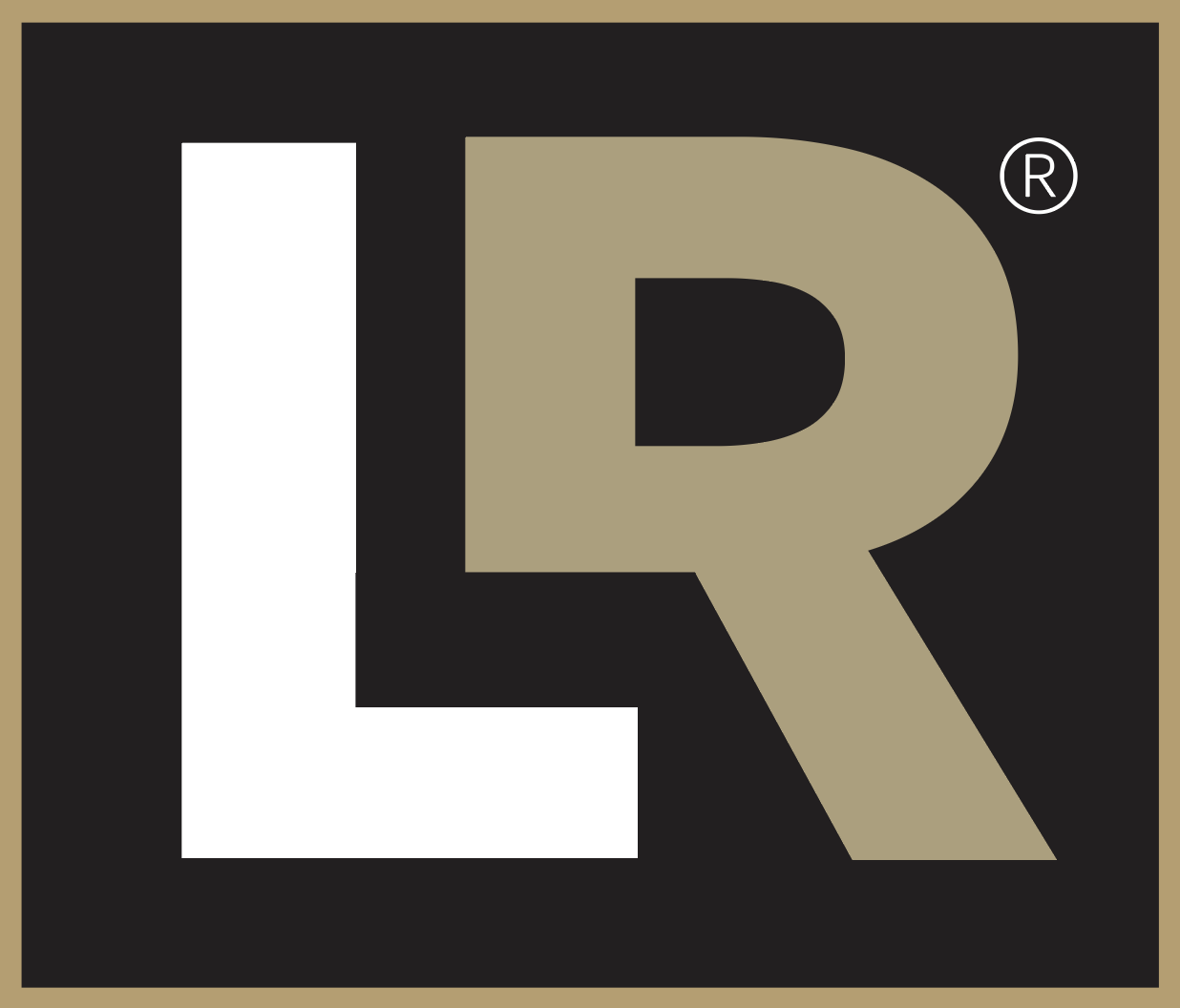The Power of Mentorship as a Pillar of Firm Culture

The Power of Mentorship as a Pillar of Firm Culture
Universities don’t teach everything.When new attorneys enter the workforce, they often find themselves overwhelmed by responsibilities they didn’t expect. Firms that hire these green recruits have two options: hope for the best, or mentor for success.Mentorship bridges the gap between the classroom and the office to provide new hires with the relevant knowledge they need. According to a recent PWC Millennials at Work survey, many young people prefer to take their cues from coaches and mentors. The survey ranked mentorship as the most valuable training and development opportunity in the eyes of young workers.Law firms have all the experience they need to get young workers up to speed, and young professionals are willing to listen. Those that champion their mentorship programs can gain a recruitment edge by helping new lawyers unlock their potential.Mentorship in company cultureMentorship programs offer a collegial, cooperative environment that should be familiar to most new law school graduates. By developing a formal mentorship structure, firms can create a positive culture that fosters collaboration.These programs don’t just help new attorneys — they help the old guard, too. In teaching, mentors must force themselves to think through processes that may have become automatic over the years. This exercise in professional mindfulness (combined with the fresh perspective of the student) often helps seasoned lawyers recognize opportunities to improve or update existing processes.Organizations that fail to mentor new hires miss out on all the benefits mentorship programs provide. Who doesn’t enjoy a culture in which people are free to ask questions, research new solutions, and learn from those who have seen it all?To foster a culture of cooperation and mentorship, follow these tips:1. Track and measure growth.Don’t just assume mentorship will help — prove it. Our law firm uses case management software to track how quickly and completely employees complete tasks, meet goals, and achieve KPIs. By measuring output before and after mentoring, both on an individual and departmental level, law firms can identify the value of mentorship while giving mentees experience and feedback.
 Two women, one with laptop, standing by a window talking; image by Christina @ wocintechchat.com, via Unsplash.com.
Two women, one with laptop, standing by a window talking; image by Christina @ wocintechchat.com, via Unsplash.com.

About John Sweeney
John Sweeney is the CEO of Thomas J. Henry Injury Attorneys, one of the largest plaintiffs’ firms in the country. He’s a persuasive leader and hands-on builder of equity for publicly traded companies, private equity concerns and law firms with direct P&L responsibilities ranging from $6.5mm to $775mm with EBITDA of $2mm to $54.5mm. Additionally, Sweeney is a market visionary and builder of high powered management teams who execute on the strategic plans of the business. Connect with him on LinkedIn.
